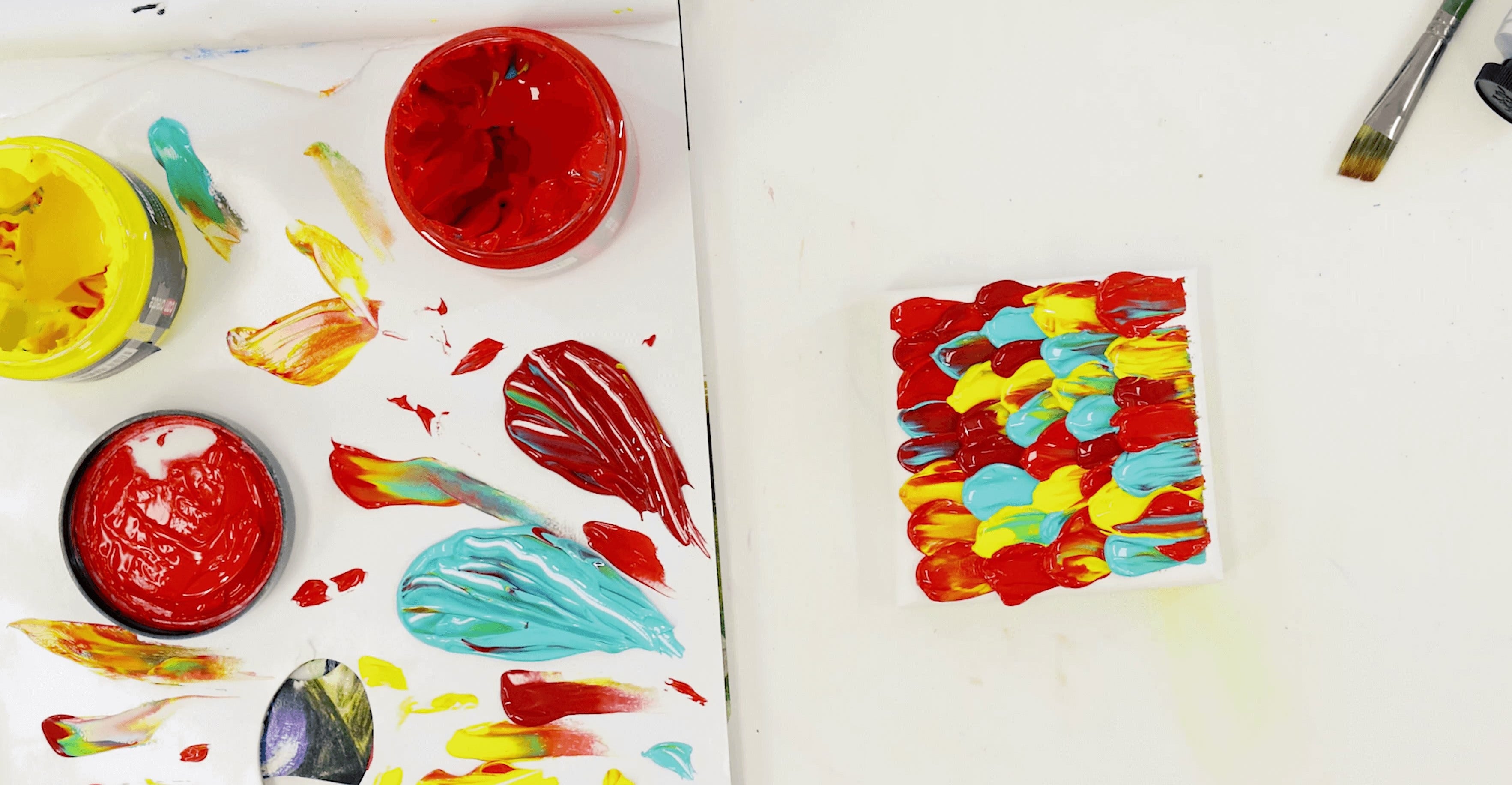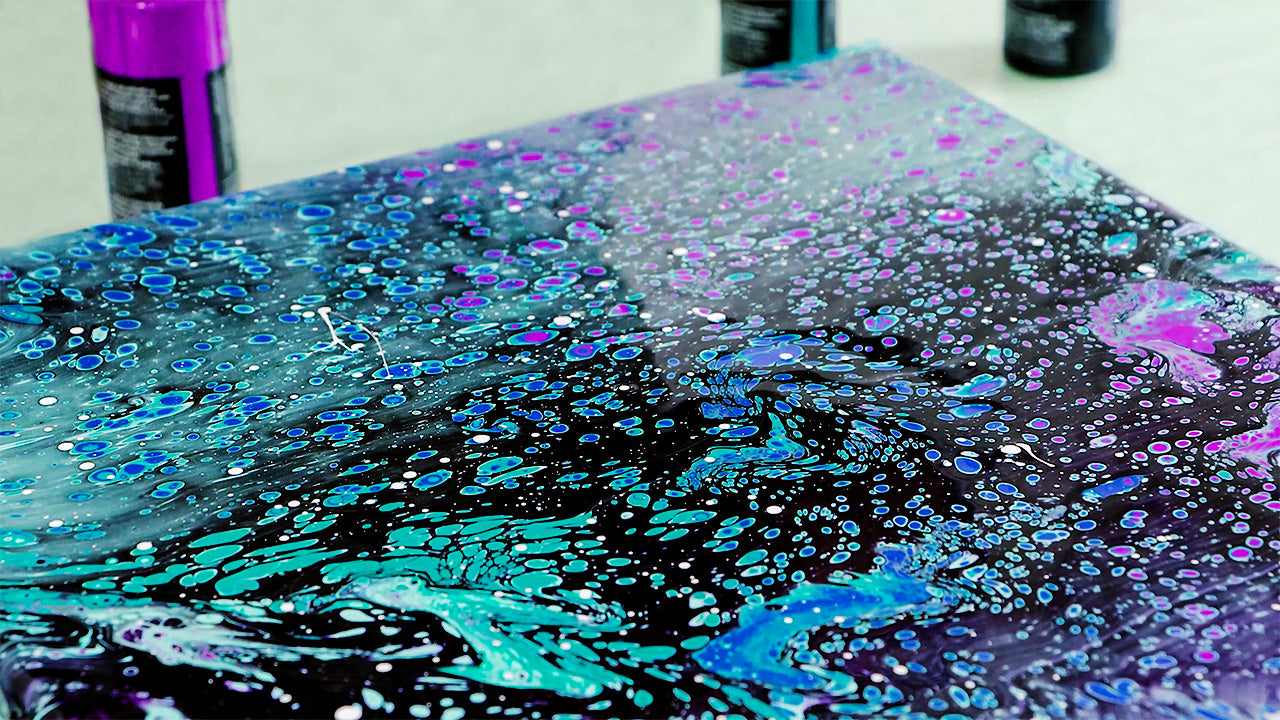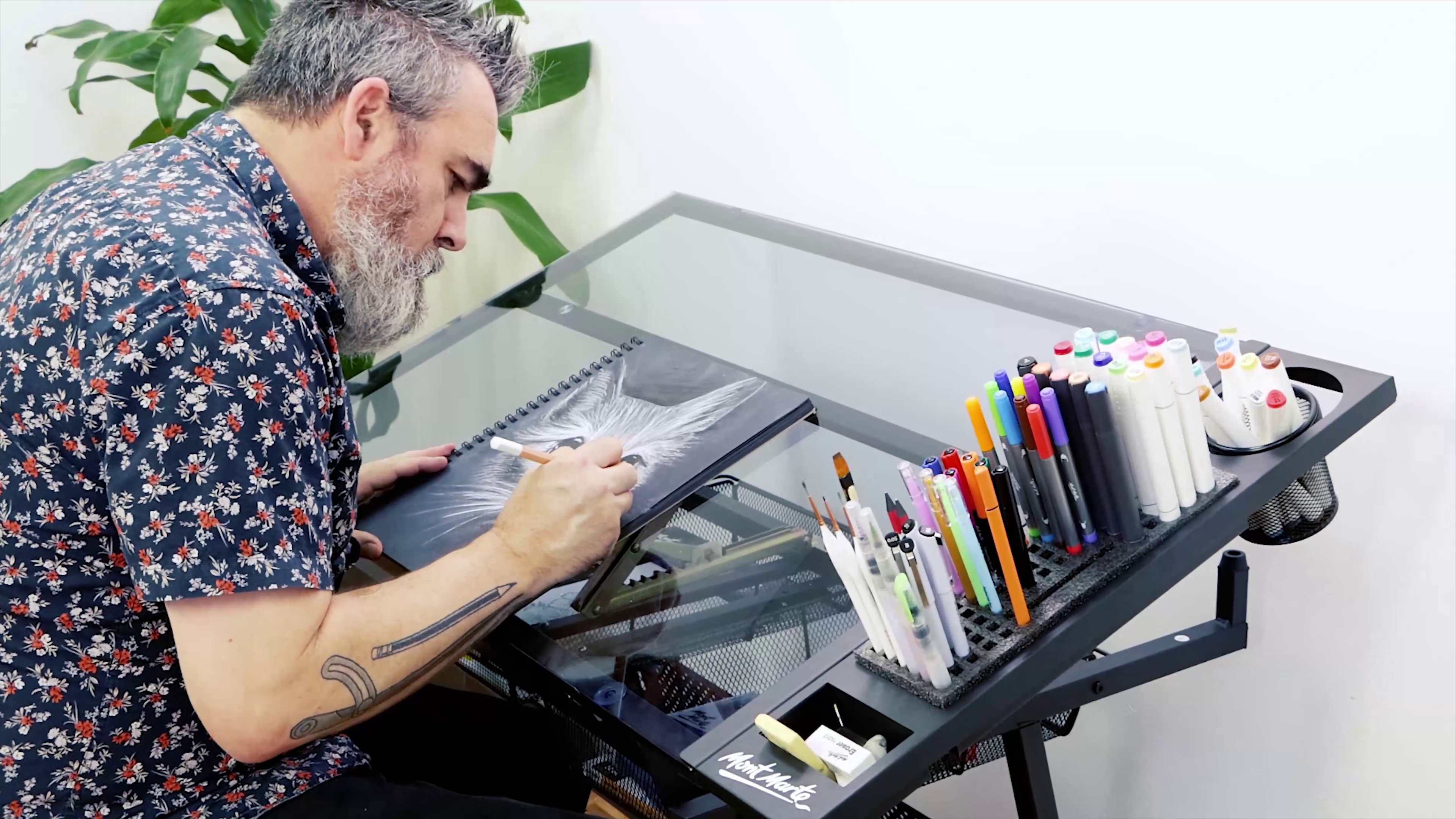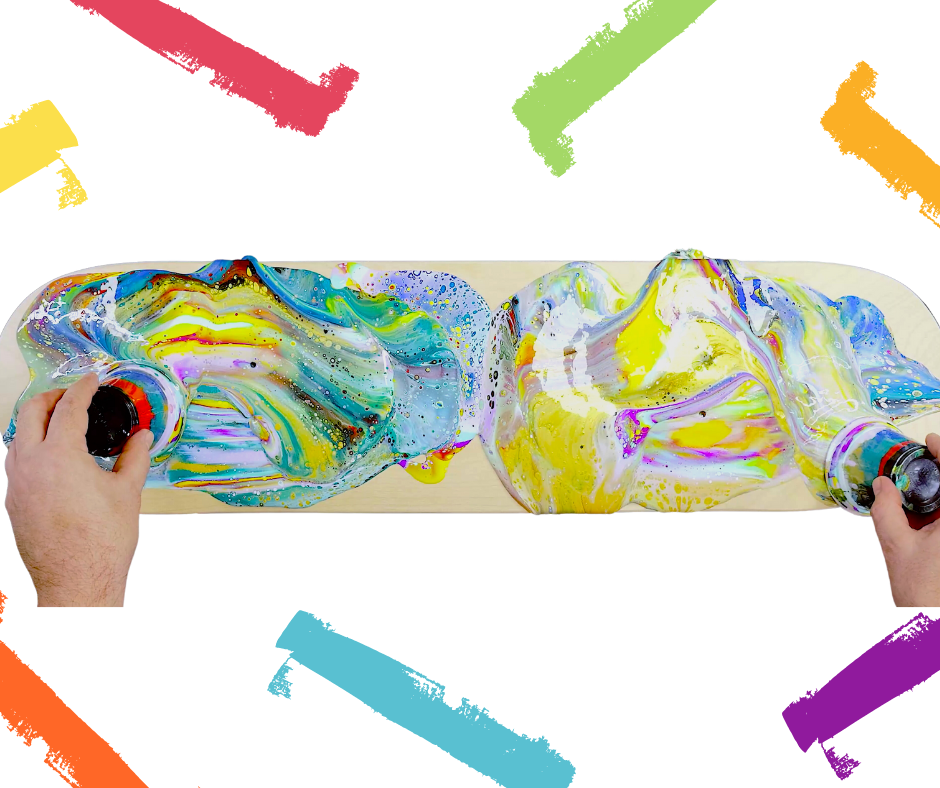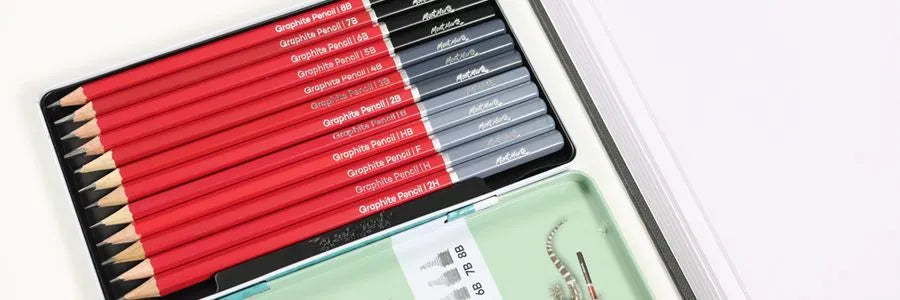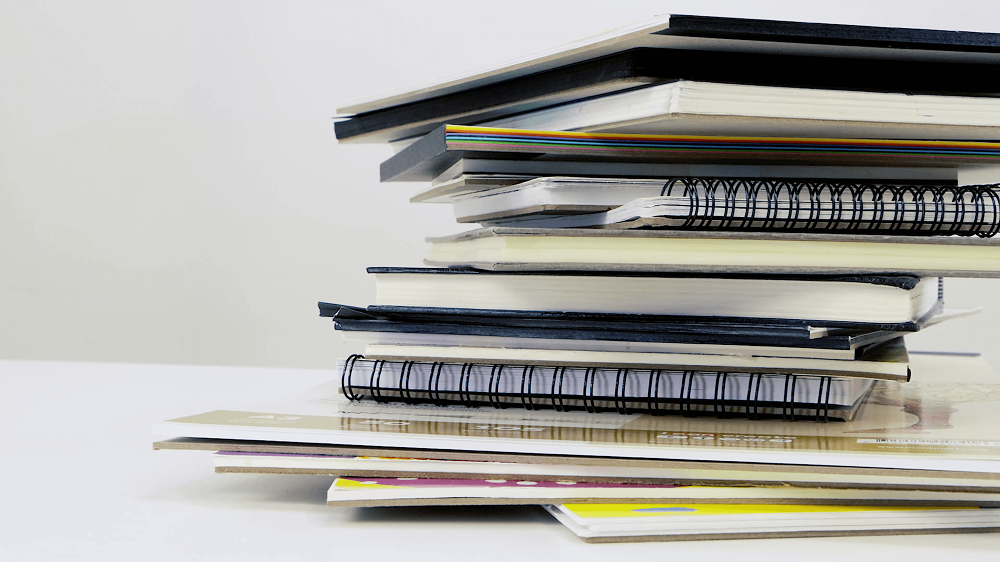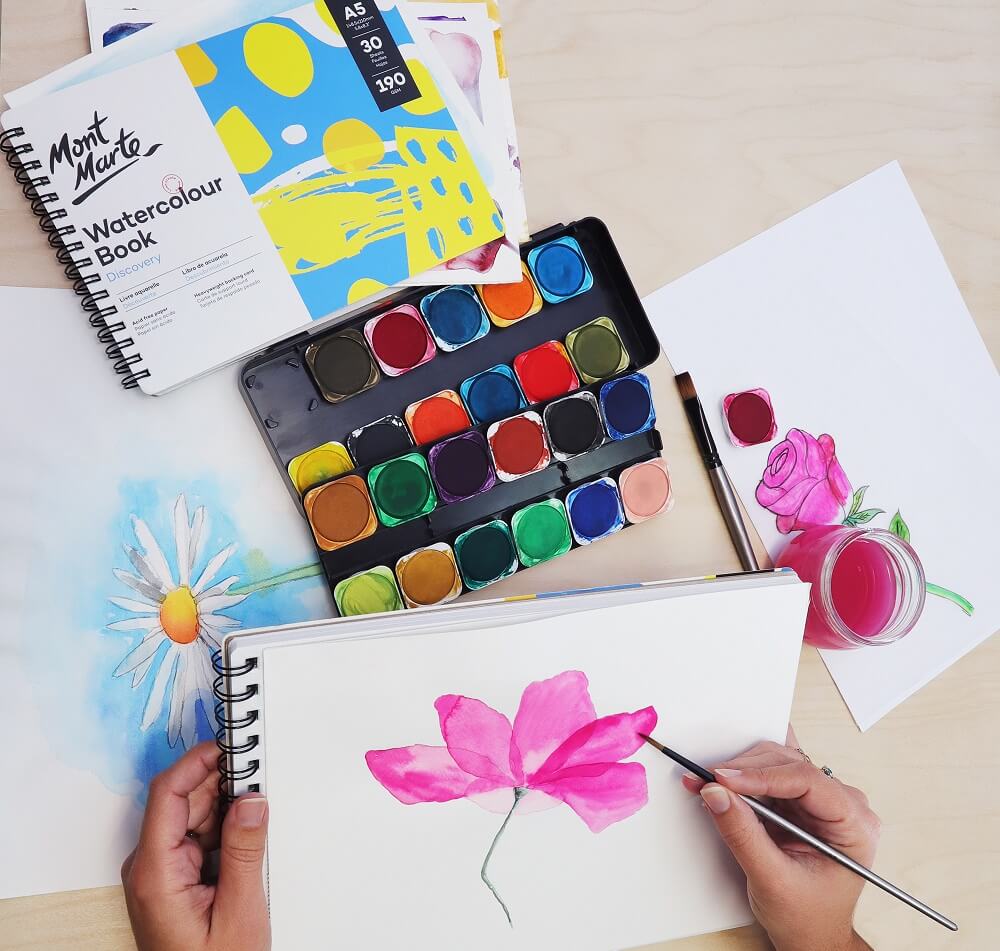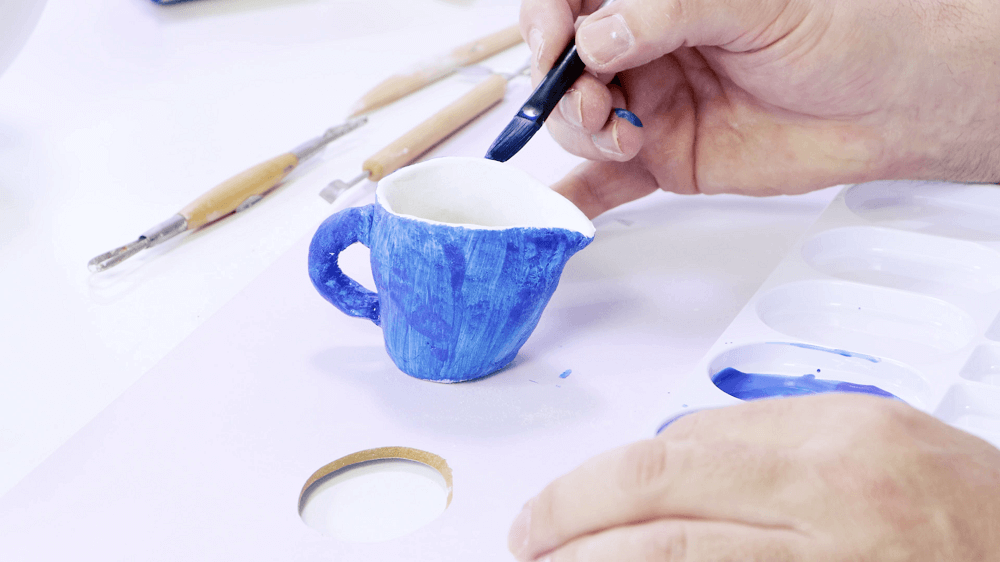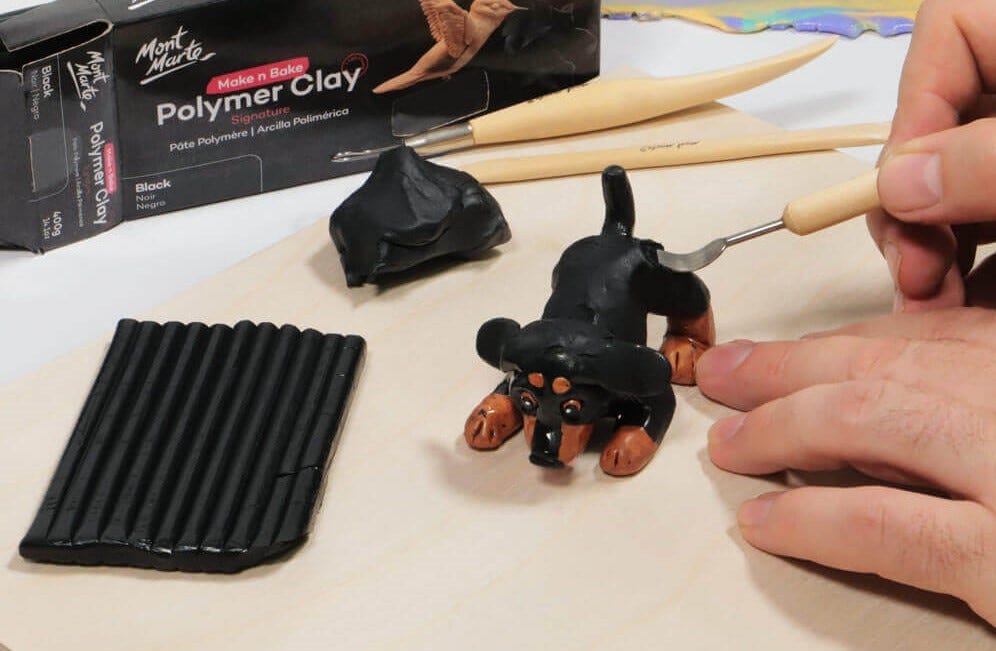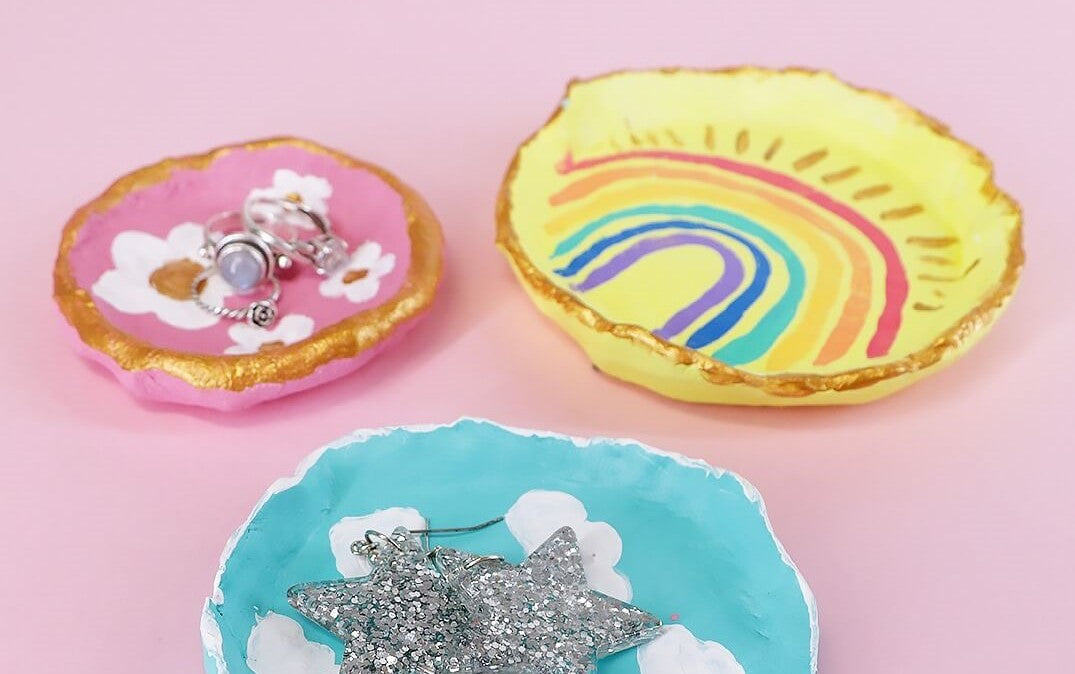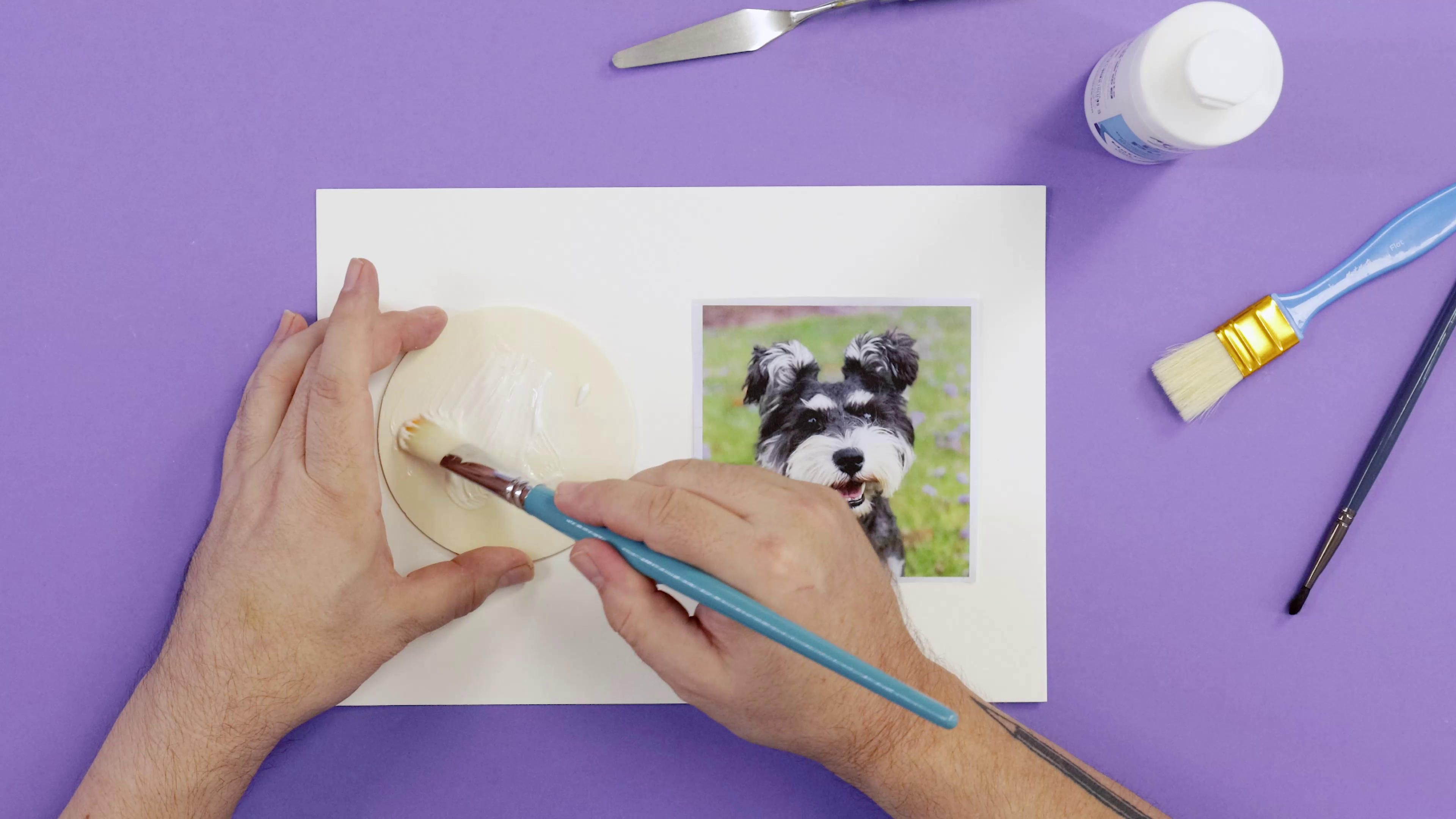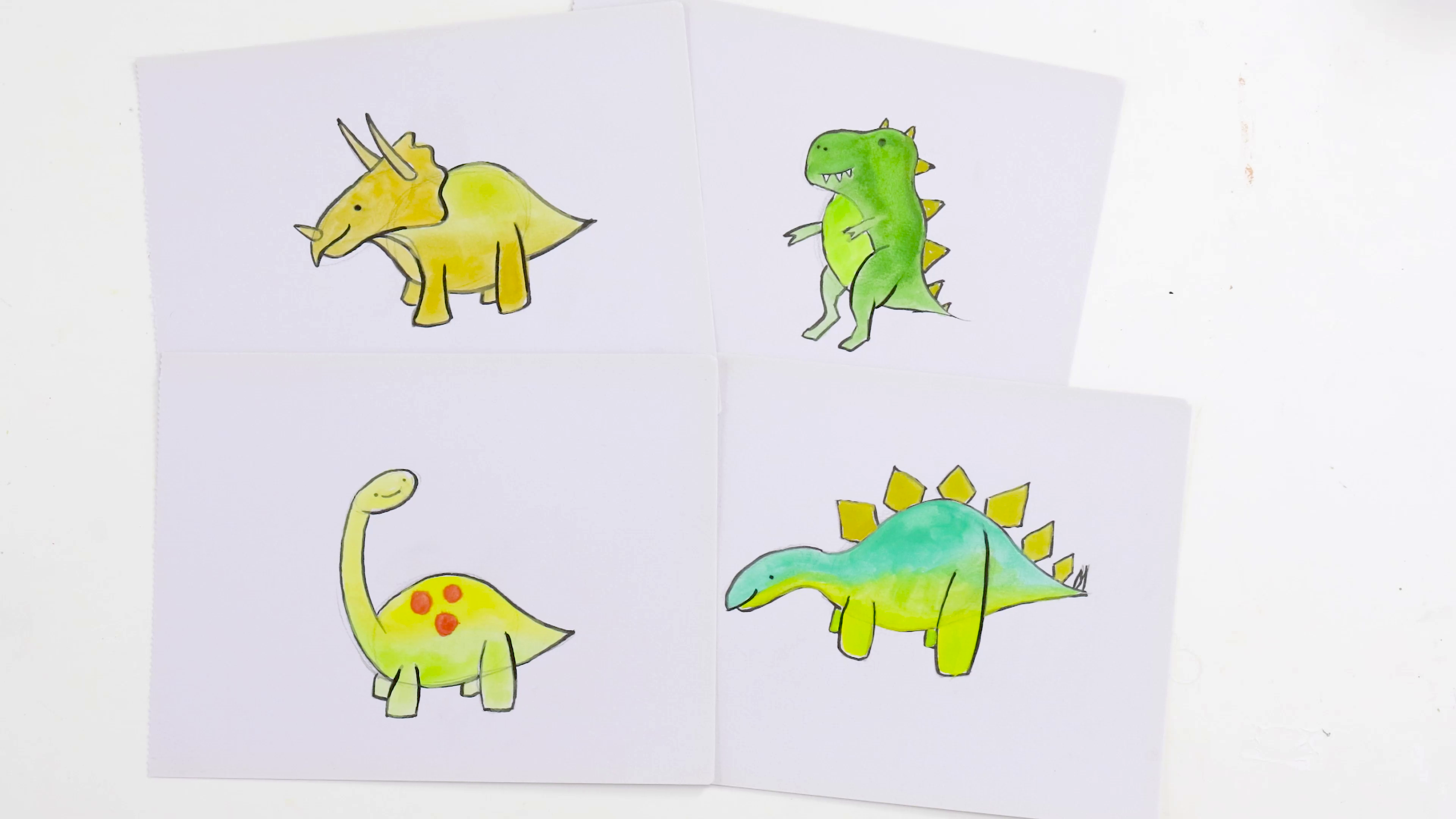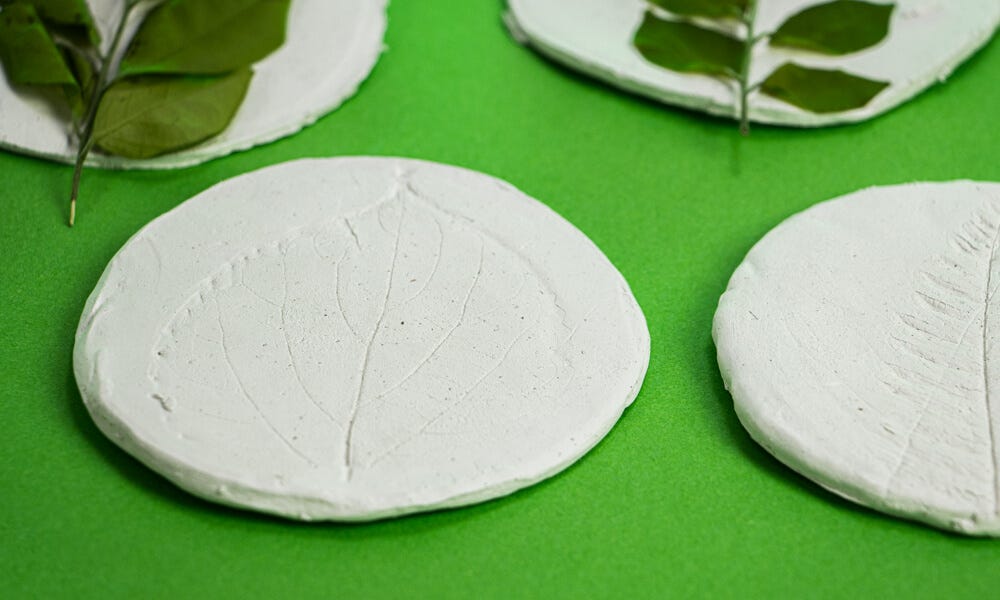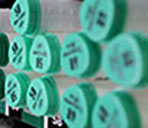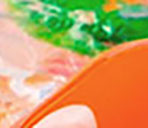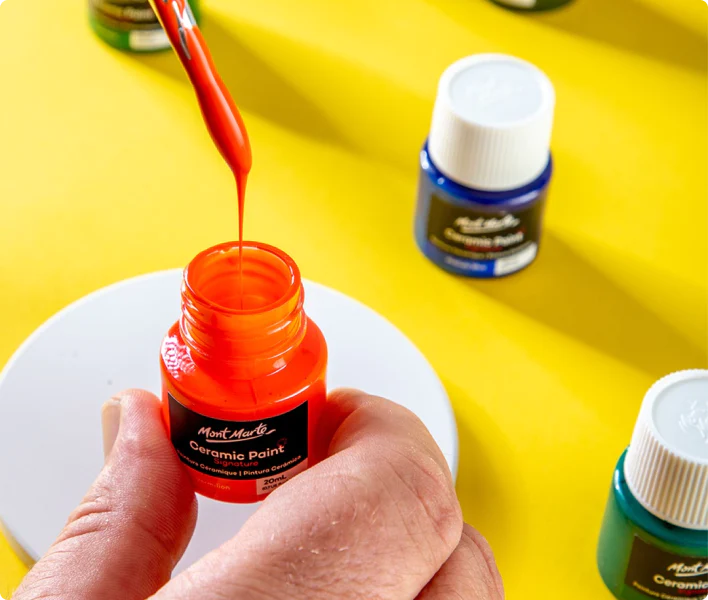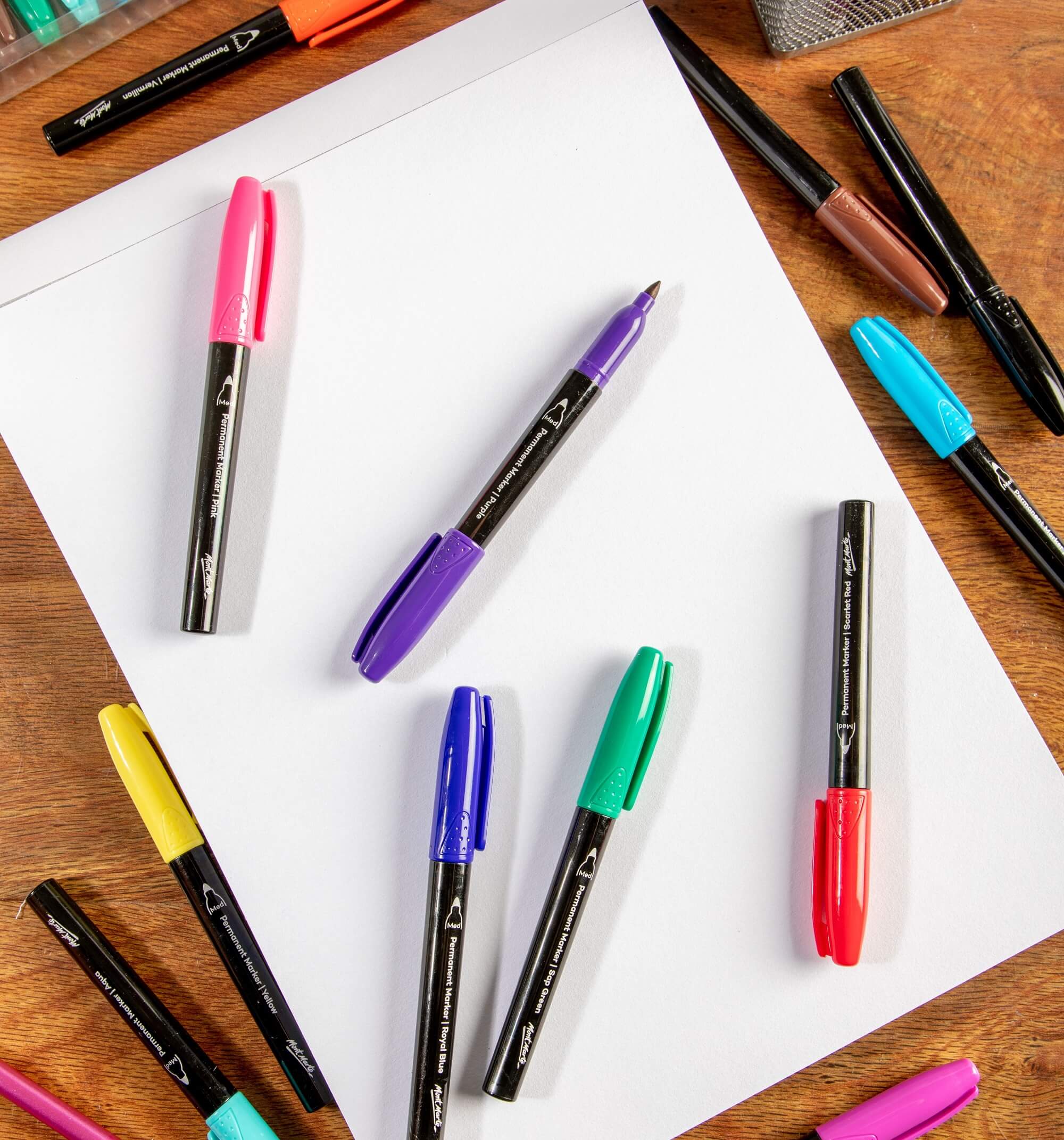Starting out with markers can be tricky and it can be hard not knowing how to colour with markers, what paper to use or what is the difference between alcohol markers and regular markers? So, we’re solving 10 of our commonly asked marker questions, so you can get back to creating.

1. What is the difference between alcohol markers and regular markers?
Typically, markers can be either alcohol-based, or water-based. Alcohol markers are quick drying and waterproof once dry, whereas water-based markers will take slightly longer to dry and aren’t as permanent. Alcohol markers can be layered or blended with a marker blender and water-based markers can be blended with water on a brush to create watercolour effects.
2. How to colour with markers. What’s the best way?
When it comes to colouring with markers, the choice of paper is actually more important than the choice of markers. For colouring, you’ll need a smooth paper surface like a marker pad that’ll absorb the ink. If you’ve ever coloured on white copy paper, you might have noticed a range of coloured lines popping up in your work, well this is less noticeable on marker pads. Colouring with a marker, is essentially a build-up of lines, so for larger surfaces you might find adding a mixed media approach will work better. Play with watercolour or gouache for large backgrounds then add your illustrations in marker over the top.

3. How do I stop markers from bleeding?
Bleeding usually is a problem related to the paper rather than the pen or marker – so we’d recommend using a bleed-proof paper, illustration board or machine-glazed paper to avoid it. If you’re just looking for a simple pad to work with these, our Bleedproof Marker Pad in the A3 or A4 sizes will do the trick.
4. Can I blend markers?
You can! For alcohol markers, you can use a blending marker, or you can layer them to create an optical blend. To learn how to optically blend, check out our art marker techniques here. As for water-based markers, you can use a wet brush and blend the ink using a brush -- a bit like watercolour paints. Do not wet the nib or place the nib directly in water, this can damage the marker.

5. Why use alcohol markers?
Both alcohol markers and water markers are great tools to use. What you choose will depend on your project and of course your personal preference. When it comes to alcohol markers, you’ll find they’re very versatile and can be used on a variety of surfaces. Often there is a larger range of colours available too. Alcohol markers are permanent on porous surfaces like paper, cardboard and canvas, and semi-permanent on non-porous surfaces like plastic.
6. What's the best way to store markers?
As a rule of thumb, dual ended markers should be kept horizontal to stop the nibs from drying out. Single ended markers should be stored vertically with the lids facing the floor, so the ink stays in the nib. For more on storing markers, check out our how to correctly store art markers video.

7. What are brush pens good for?
Our real brush pens have a flexible brush tip that mimics a paint brush. This means you can create a range of strokes and line weights, so they’re great for blending, plein air drawings as well as hand lettering and illustrating. The real brush pens can be activated with water so you can blend the ink to create watercolour effects too.
8. Why do markers dry out?
The common cause of markers drying out is how they’re stored. Be sure to check lids are on tightly before tucking them away after a creative session. Store them correctly and keep your markers out of direct sunlight either in a cool, dark place like a cupboard or in a drawer.

9. How do you use watercolour pens?
Watercolour pens can be used like watercolour paints, working from light to dark and by using the white point of the paper. This is because the ink is transparent so the white of the paper will brighten the colours. Plus, you can push and pull the ink pigment around like watercolours too, using a paint brush or water brush. Be sure not to dip the marker directly into water as this will draw ink from the marker. There’s plenty of other ways you can use watercolour markers, we recommend grabbing a pack and experimenting to see what works for you!
10. What pens can you use on canvas?
Both alcohol markers and acrylic paint pens work wonderfully on canvas. Water-based markers can still be used on canvas, but because they’re translucent and activate with water, you may find they’re not as permanent as an alcohol marker or acrylic paint pen.

We hope that solves your marker questions! Got more? Reach out to us on social media @montmarteart on Instagram or Facebook, we’re always happy to help.
Ready to get started? Shop our range of art markers here or check out this handy how to on how to layer markers to create new colours.


